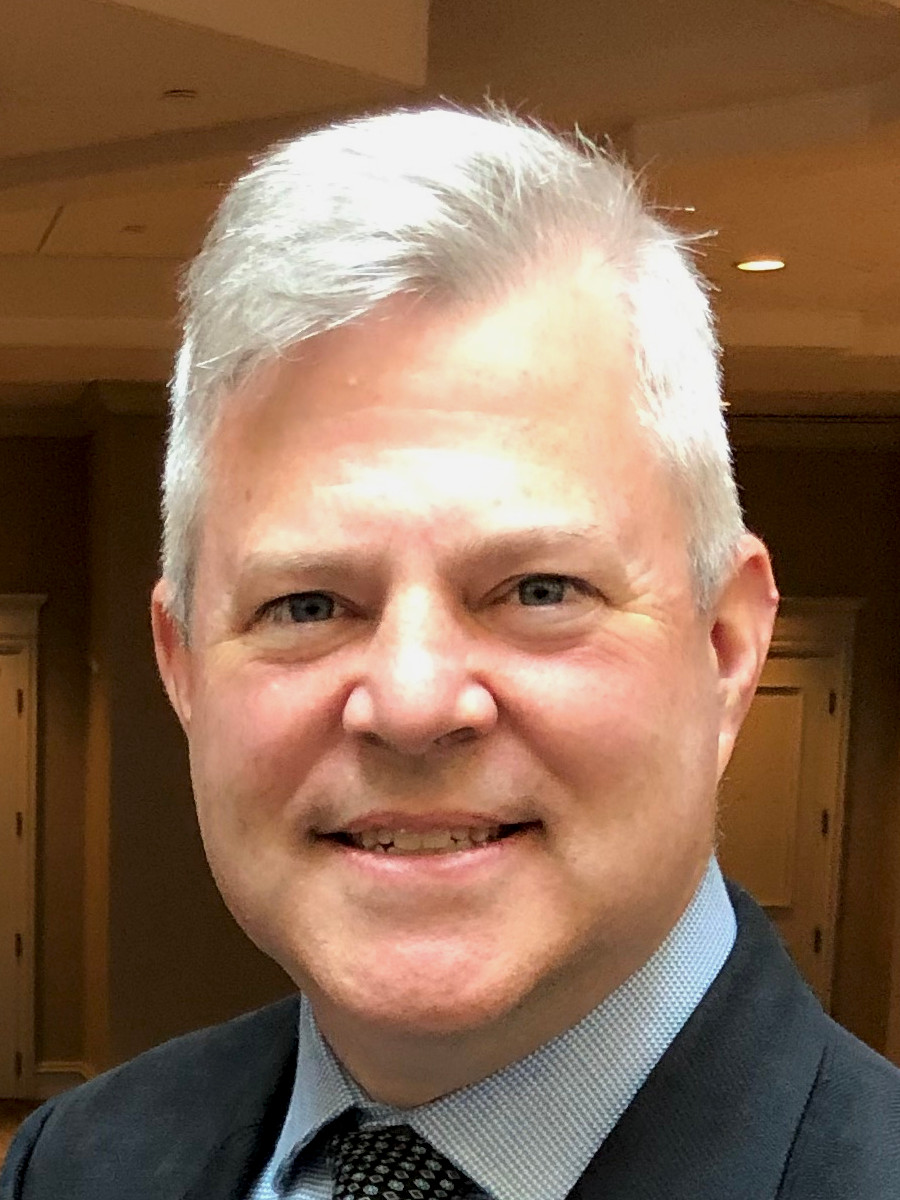Cameron N Riviere
Carnegie Mellon University
Seminar Information

Much of the research in the Surgical Mechatronics Laboratory of the Robotics Institute at Carnegie Mellon involves active and passive robotic compensation of physiological motion for surgical accuracy enhancement. The goal of enhancing accuracy in microsurgery while also minimizing cost and maximizing ease of use has motivated the development of a fully handheld instrument, known as Micron, which senses its own motion, estimates the undesired component of its movement, and actively compensates by deflecting its tip to oppose the undesired component. Feedback sensing for control is provided by a purpose-built frequency-multiplexed optical tracker that provides six-degree-of-freedom tracking with noise of several microns at 2 kHz sampling. Actuation is accomplished using six ultrasonic linear motors. To enable vision-based control modes, the system is augmented with a stereo pair of cameras that view the workspace through the operating microscope. The talk will describe the design and operation of Micron, and will present experimental results from a variety of control modes including visual servoing and semi-automated scanning pattern generation. Passive compensation of heartbeat and respiratory motion is the approach followed by HeartLander, an intrapericardial crawling robot that performs accurate epicardial interventions on the beating heart. The crawler adheres to the epicardium using suction, and moves via inchworm-like crawling, driven by flexible push-wires connected to motors outside the patient. Recent results with the system will be presented, including improving locomotion efficiency via synchronization with heartbeat and respiration, mapping and localization on the beating heart, and technologies for treatment by myocardial injection.
Prof. Cameron Riviere received the Ph.D. in mechanical engineering from Johns Hopkins University in 1995, and joined the Robotics Institute at Carnegie Mellon University the same year. He is presently Research Professor of Robotics, Biomedical Engineering, and Mechanical Engineering, and the Director of the Surgical Mechatronics Laboratory in the Robotics Institute. He is also an Adjunct Professor in the Department of Rehabilitation Science and Technology at the University of Pittsburgh. He has been guest editor of special issues on medical robotics in the IEEE Transactions on Medical Robotics and Bionics, the Annals of Biomedical Engineering, and the Proceedings of the IEEE.
